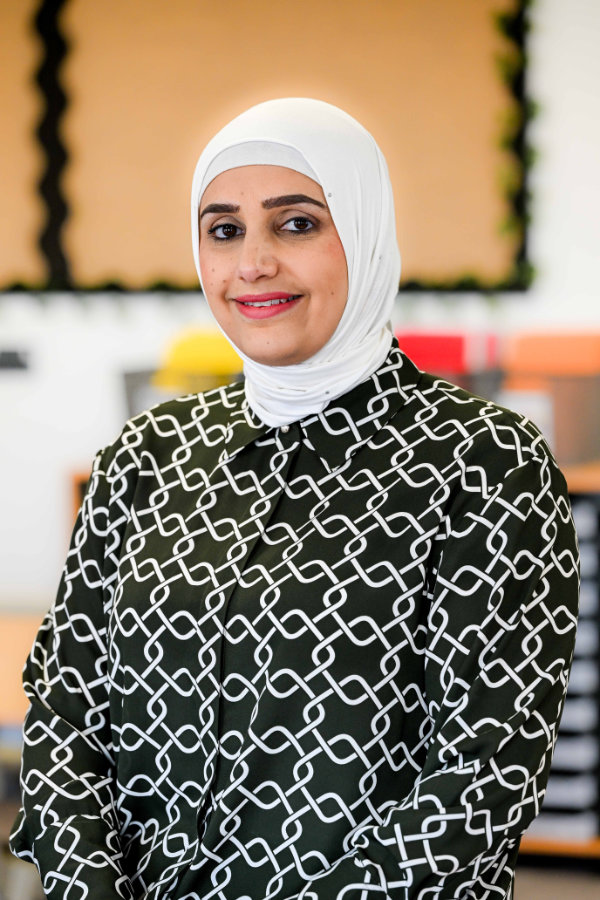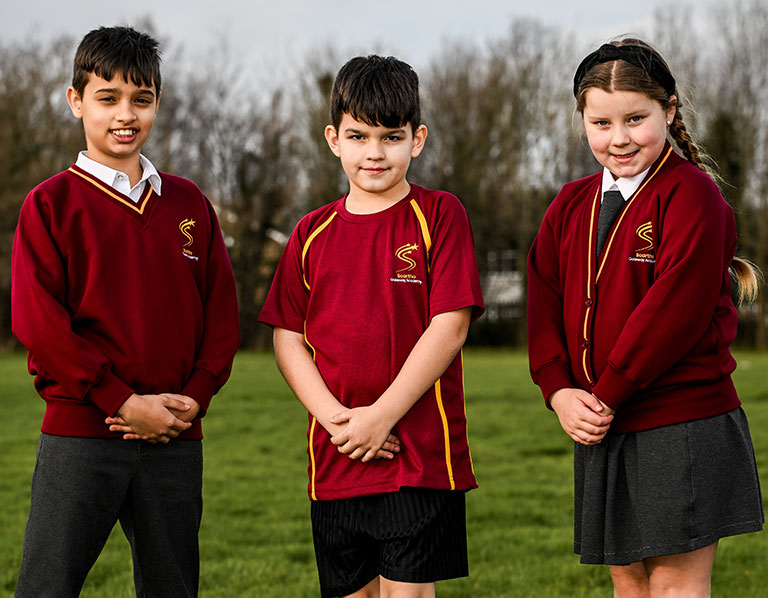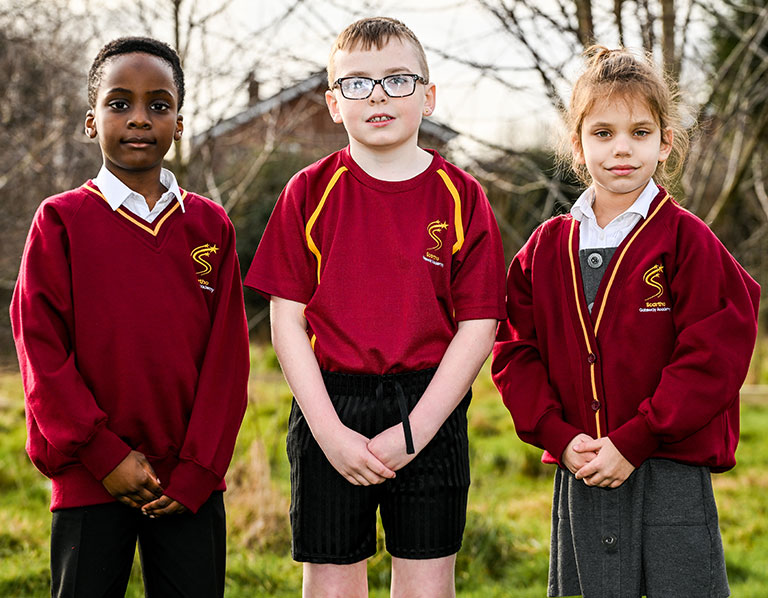Reception - Saplings
A Sapling is a young tree, raring to grow big and tall, like the trees that surround them. Much like the children in this class, who will be given the education, experiences and support they need to grow and be successful.

Mrs Sophia Berry-McNee
Reception-Saplings

Mrs Faten Salameh
Teaching Assistant
Philosophy
Our aim is for every reception child to have a happy, settled start to their education at Scartho Gateway Academy. Reception children and their families will be supported with their transition into school life with visits to nursery settings, ‘stay and play’ sessions and our ‘open door’ philosophy. Our dedicated Early Years team as we learn together, thriving within an enabling learning environment which supports and challenges every child to achieve their goals and reach their full potential.
Environment
At Scartho Gateway Academy we provide a safe, supportive and stimulating learning environment which promotes engagement, enjoyment and curiosity. Reception children are supported to challenge themselves within familiar routines of play and learning every day.
Our classroom looks out over an enclosed playground where the children can continue to play, learn and explore in an outdoor context, whatever the weather!
Curriculum
Our goal is to inspire a love for learning through a broad curriculum that equips children with the essential foundations to flourish as confident young learners prepared for Year 1.
There are seven areas of learning within the EYFS that shape our curriculum. All areas of learning and development are important. Three prime areas are particularly crucial for sparking children’s curiosity, and, importantly, for building their capacity to learn, form relationships and thrive. There are four specific areas, through which the three prime areas are built and applied.
Communication and Language development (CL) - giving children opportunities to experience a rich language environment; to develop their confidence and skills in expressing themselves; and to speak and listen in a range of situations.
Physical Development (PD) - providing opportunities for children to be active in order to develop their coordination, control, and movement. Children must also be helped to understand the importance of physical activity, and to make healthy choices in relation to food.
Personal, Social and Emotional Development (PSED) - helping children to develop a positive sense of themselves, and others; to form positive relationships and develop respect for others; to develop social skills and learn how to manage their feelings; to understand appropriate behaviour in groups; and to have confidence in their own abilities.
Literacy development (Lit) - encouraging children to link sounds and letters and to begin to read and write. Children must be given access to a wide range of reading materials (books, poems, and other written materials) to ignite their interest.
Mathematics (Maths) - providing children with opportunities to develop and improve their skills in counting, understanding and using numbers, calculating simple addition and subtraction problems; and to describe shapes, spaces, and measures.
Understanding the World (UW) - guiding children to make sense of their physical world and their community through opportunities to explore, observe and find out about people, places, technology and the environment.
Expressive Arts and Design (EAD) - enabling children to explore and play with a wide range of media and materials, as well as providing opportunities and encouragement for sharing their thoughts, ideas and feelings through a variety of activities in art, music, movement, dance, role-play, and design and technology.


